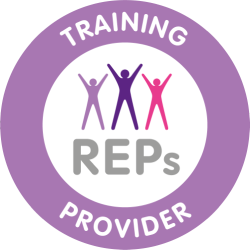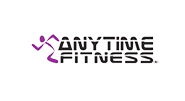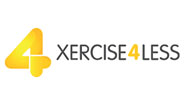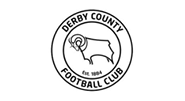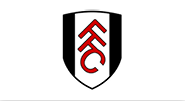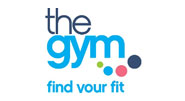‘Losing weight’ or ‘getting healthier’ is often associated with calorie counting and although effective, there are much healthier and more sustainable ways of achieving your fitness goals.
Portion Sizing
One way of sustaining a balanced diet is through portion sizing; eating the right amount of food goes hand in hand with having a balanced diet. So, what are the portion sizes of common foods and why is it so vital to eat the correct portion sizes?
The latter of the two is quite simple really; we need to eat the correct portion sizes to sustain a healthy weight and to ensure that our bodies get all the nutrients that they require. The size of our portions all depend on the number of calories our bodies need; this can vary greatly between person to person because of age, gender and height. Other main factors include the amount of activity the person’s body goes through each day; for example someone who does a lot of exercise and are trying to bulk require a great deal more calories and therefore portions need to be adjusted to fit this, compared to somebody who follows a sedentary lifestyle who would need far fewer calories and therefore portions would be much smaller.
It is more often than not very surprising to discover the baseline portion sizes of foods you probably eat every day. So, prepare to be shocked by the following statistics:
- A portion of pasta or rice is the mass that would fit inside 2 handfuls (75g)
- Spaghetti is the amount that would fit inside a £1 coin (75g)
- 3 handfuls of cereal (40g) is the average portion
- A chicken breast half the size of your palm (120g)
So How Many Portions Are We Meant To Eat Each Day?
Considering the miniscule amount of food the average portion sizes are, I would hope that we are allowed many portions of each food group and after research, I am happy to report that… thankfully yes! We are allowed to consume a considerable number of portions from each food group each day!
According to my sources our diets are meant to be made up of
- 5+ servings of fruit and vegetables
- 3-4 servings of starchy carbs (pasta, potatoes, rice)
- 2-3 servings of protein rich foods
- 2-3 servings of dairy (or dairy alternatives)
- 1 serving of saturated fats
These portions should be spread throughout all three of our meals each day, to build 3 well balanced and nutritionally versatile meals which will help your body to maintain form and leave you right on track to achieving your health and fitness goals.
Sweet Treats!
Everybody knows that sweets and chocolate aren’t the healthiest for us and we should probably try to steer clear and eat less of them. So, it’s probably no surprise that the portions for these are very small, but if eaten in moderation can be the perfect treat!
Here are some portion size examples for sweets:
- A small chocolate biscuit bar
- 4 small squares of chocolate (20g)
- 2 small biscuits
- A small multipack bag of crisps
- A mini muffin
- A small chocolate mousse
The Importance Of Nutrition To Every Personal Trainer
No matter how much a personal trainer pushes a client in the gym, it will have little effect on the client unless they know how to eat properly too! This is often the biggest hurdle when it comes to someone’s fitness journey and it is key that a personal trainer knows how to aid in helping the client over that first hurdle.
But, luckily for you, here at Diverse Trainers we have a brilliant nutrition course; which will get you kitted out with all the knowledge needed for the client’s fitness journey.
Our level 3 award in nutrition for sport and exercise has everything you could possibly need to help clients with their diet and fitness journey.
Find The Perfect Health And Fitness Qualification At Diverse Trainers
If you would like to find out more information about our leading nutrition qualifications, or any of the additional courses that we have available at Diverse Trainers, then please don’t hesitate to contact our team today.
To talk directly with one of our helpful advisors and take the first step towards becoming a health and fitness professional, call us now on 01772 910 930 (North) or 020 3841 8309 (South).
Alternatively, if you can’t speak to us over the phone at the moment, you can request for us to contact you at a more convenient time by completing our quick and simple online enquiry form.



